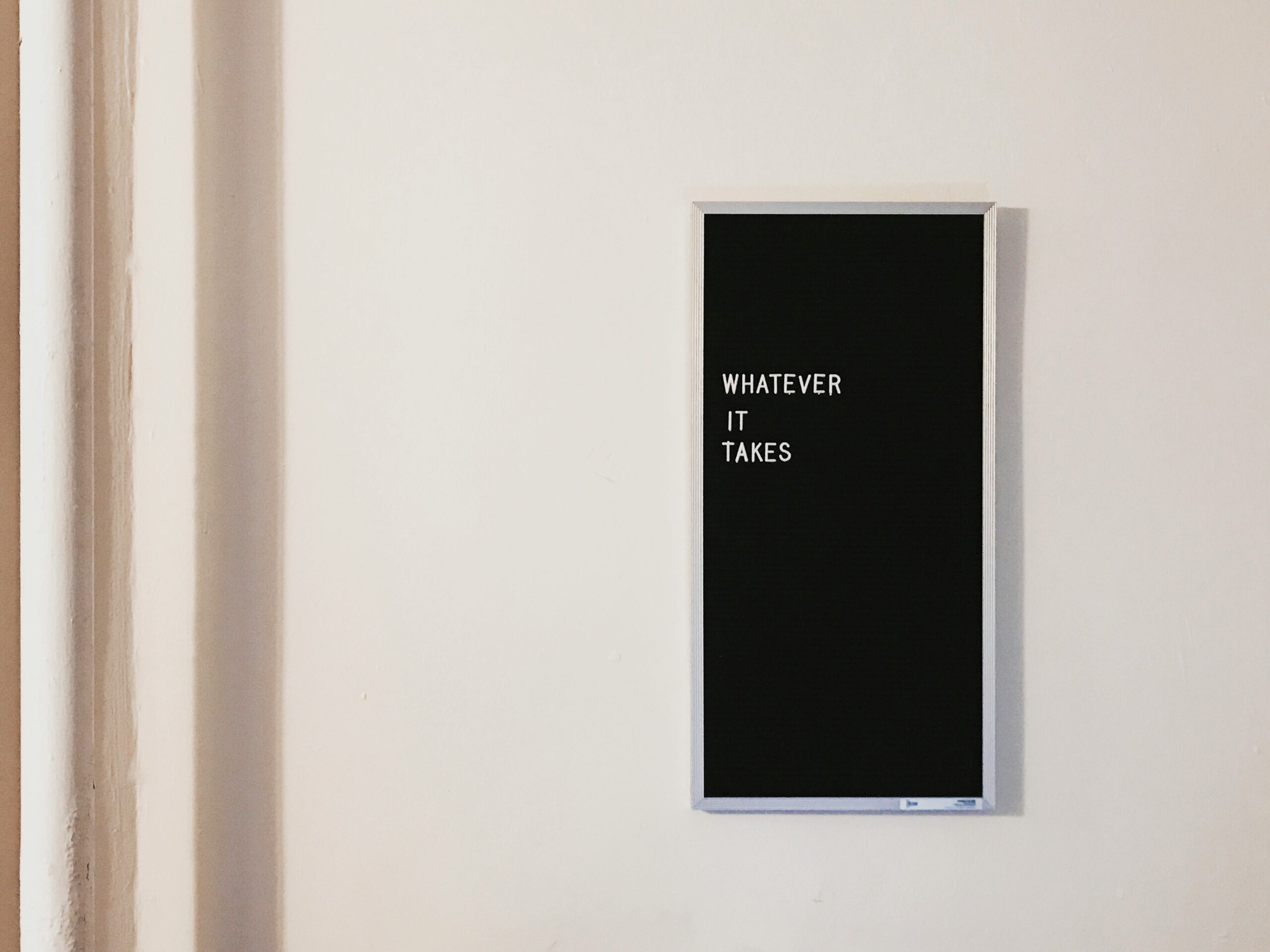There’s a moment in the television series Boston Public that deserves to be replayed in every school board meeting, parent-teacher conference, and legislative hearing across the country. It’s the moment Loretta Devine’s character, Ms. Hendrick, stands up—battered by accusation, bruised by judgment—and says out loud what so many educators feel but rarely have the permission or platform to express: “You damn right I did.” She’s referring to leaving her class after writing on the board that she was going to kill herself. It’s raw. It’s real. And it’s devastatingly reflective of a profession that’s been in crisis for decades.
Her breakdown is not a dramatized overreaction; it’s a deeply human response to a system that demands miracles from teachers with little to no support. Ms. Hendrick doesn’t just snap—she speaks. And in doing so, she holds up a mirror to a society that has long chosen to ignore the suffering of the people we entrust with our children. “Show me a teacher who doesn’t almost lose their mind sometimes,” she demands, “and I’ll show you a teacher who’s not trying.” That’s not hyperbole—it’s lived experience.
Think about it. Every year, teachers are expected to serve as educators, therapists, conflict mediators, social workers, and sometimes even emergency responders—all while being paid less than their counterparts in corporate sectors, while being vilified in the media, and while navigating increasing workloads, standardized testing, and the emotional toll of their students’ trauma. Teachers don’t clock out at 3 PM. They take their work home, and I’m not just talking about grading papers. They carry the stories of their students, the pain they witness, and the weight of feeling helpless when the job demands more than their humanity can sometimes offer.
Ms. Hendrick’s monologue reminds us of that invisible labor. “I have to go into a room day after day after damn day and try to break through to a bunch of kids who don’t want to listen, don’t want to learn, and don’t want to give me the decency of being quiet.” She isn’t blaming the children—she’s naming the conditions. These are students who are often hungry, grieving, neglected, or hardened by life too early. When we send them to school and say, “That’s the teacher’s job now,” we offload responsibility while offering no partnership.
This isn’t just fiction. In real life, we’ve lost brilliant educators like Erica Garner, a teacher and activist, to heart attacks exacerbated by stress and overwork. During the pandemic, teachers became essential workers overnight—forced to transition entire curriculums online, monitor student mental health via Zoom, and often pay out of pocket for supplies—all while being told they were lazy or expendable. And let’s not forget the viral resignation letter of Riley B., a middle school teacher in Texas who left after ten years because she could no longer be expected to both teach and protect students from the threat of school shootings. “I became a teacher to educate, not to be a soldier,” she wrote.
Pop culture hasn’t been shy about echoing these themes either. From Dead Poets Society to Freedom Writers, we glorify the image of the “savior teacher” who changes students’ lives by sacrificing everything—time, money, personal well-being. But rarely do we pause to ask: Should they have to? What does it say about our values when burnout is considered noble, and when teaching is only seen as heroic if it comes at great personal cost?
Ms. Hendrick’s monologue explodes that myth. She doesn’t want to be a martyr. She just wants to be heard. “A lot of the doing we do is parenting,” she says, a line that could be carved into the walls of every public school in America. So many students arrive at school needing to be fed, comforted, understood, and raised before they can even begin to be taught. Yet, instead of resourcing schools accordingly, we berate teachers for not producing higher test scores.
And still—they show up. Teachers like Ms. Hendrick, and the millions of real ones across this country, wake up and go back in. Even after being broken. Even after being told they’re not enough. Even when they’re mocked with that tired phrase, “Those who can’t do, teach.” Ms. Hendrick fires back with dignity and rage: “I know what you think of us. But we’re in there doing, every damn day.” And she’s right.
We can’t keep wringing excellence out of exhausted people. We can’t demand resilience while stripping away resources. And we sure as hell can’t keep blaming teachers for systemic failures they didn’t create. If we’re serious about the future of education, we need to do more than clap during Teacher Appreciation Week or post memes about “how hard their job must be.” We need to listen. We need to fund. We need to respect.
Because those who can, teach. And they are barely holding on.
Photo by Jon Tyson on Unsplash


Leave a Reply
You must be logged in to post a comment.